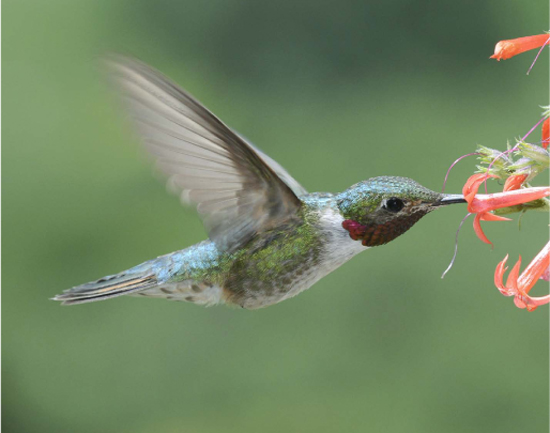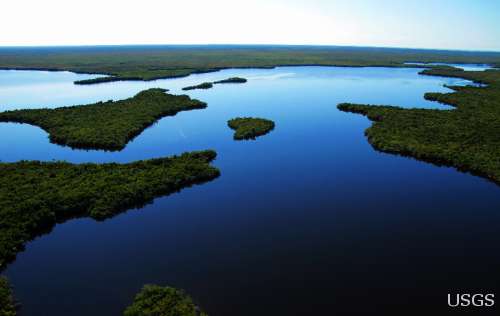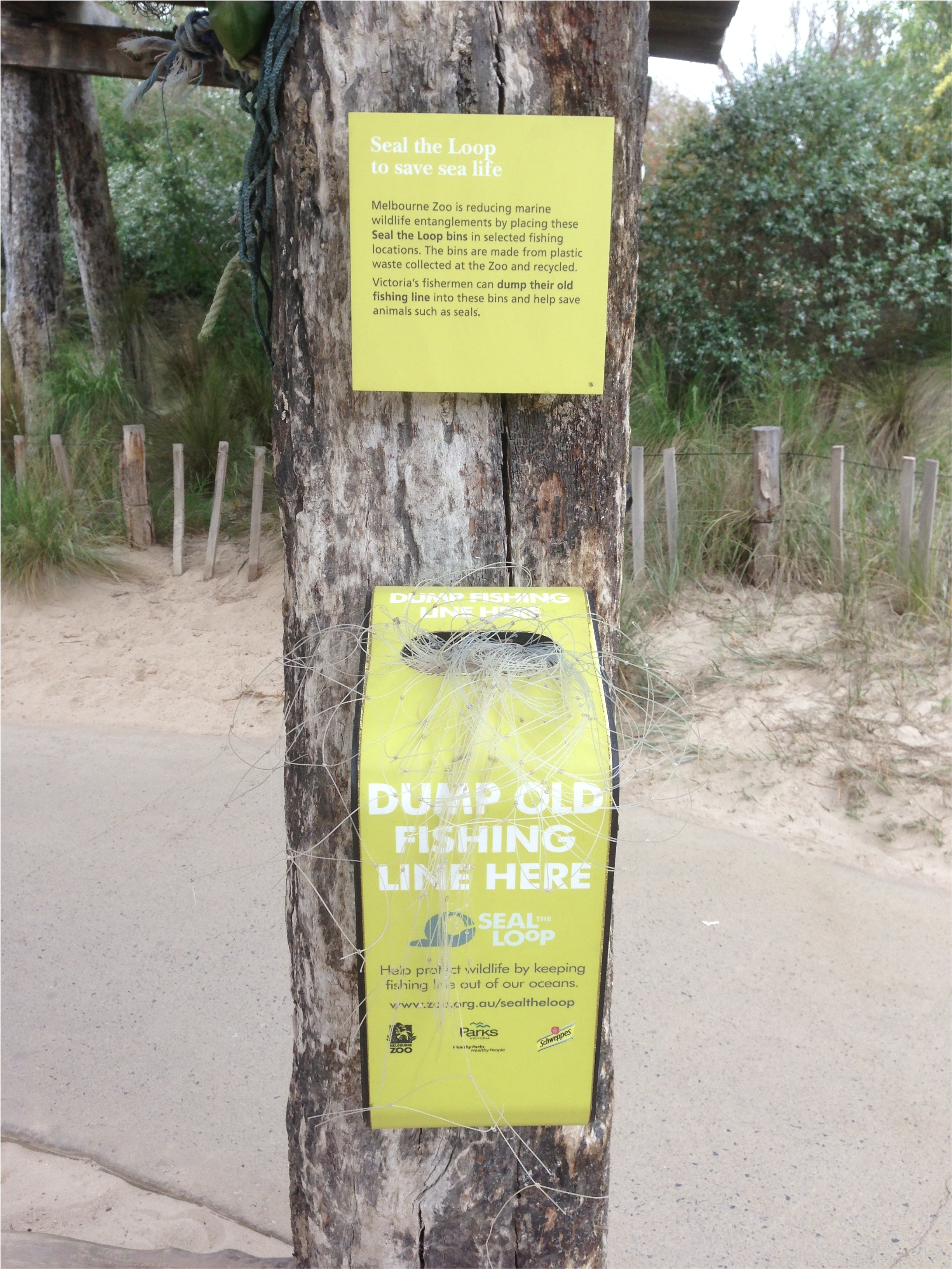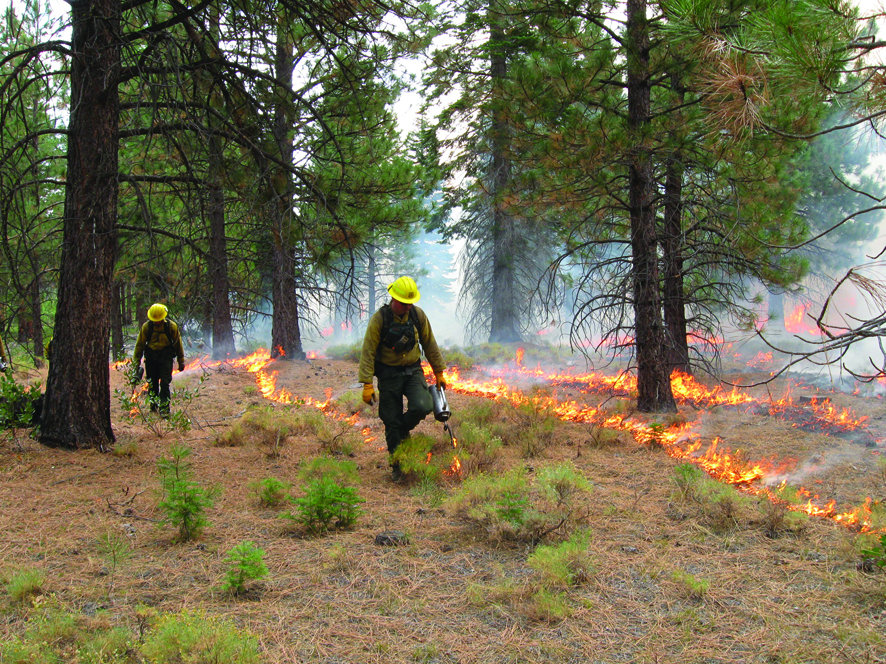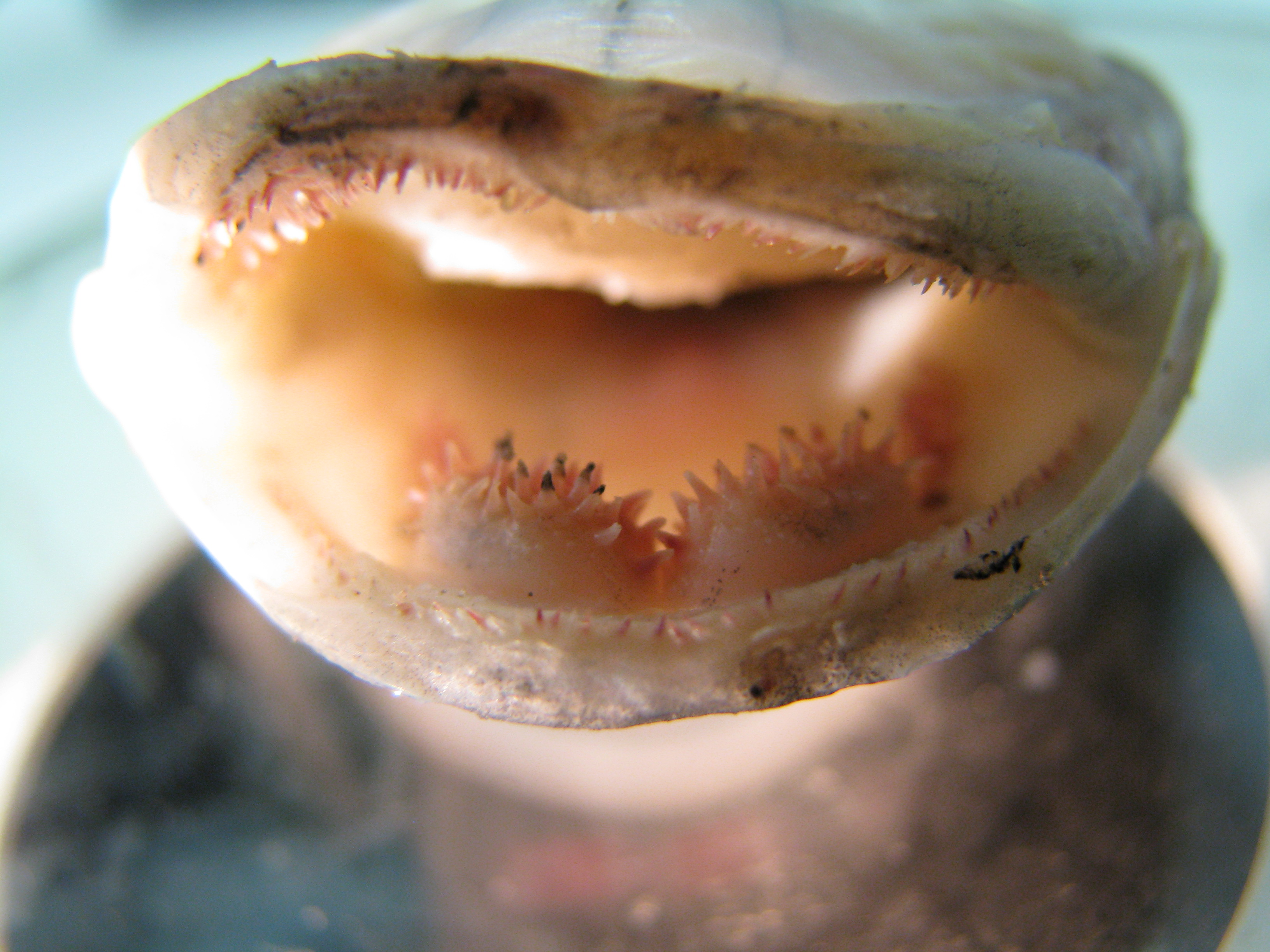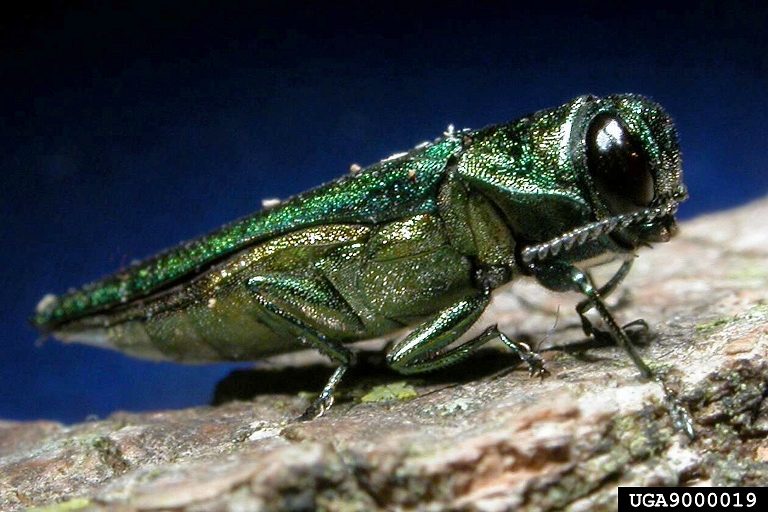
Slowing the insect invasion: wood packaging sanitation policy yields US $11.7 billion net benefit
Risk analysis finds savings for homeowners and local governments of excluding invasive pests like the emerald ash borer outweigh added cost to imported goods FOR IMMEDIATE RELEASE: May 23, 2014 Contact: Liza Lester (202) 833-8773 x 211; gro.asenull@retsell The emerald ash borer (Agrilus plantipenis), a recent insect immigrant to North America carried in with the wooden packing material…
